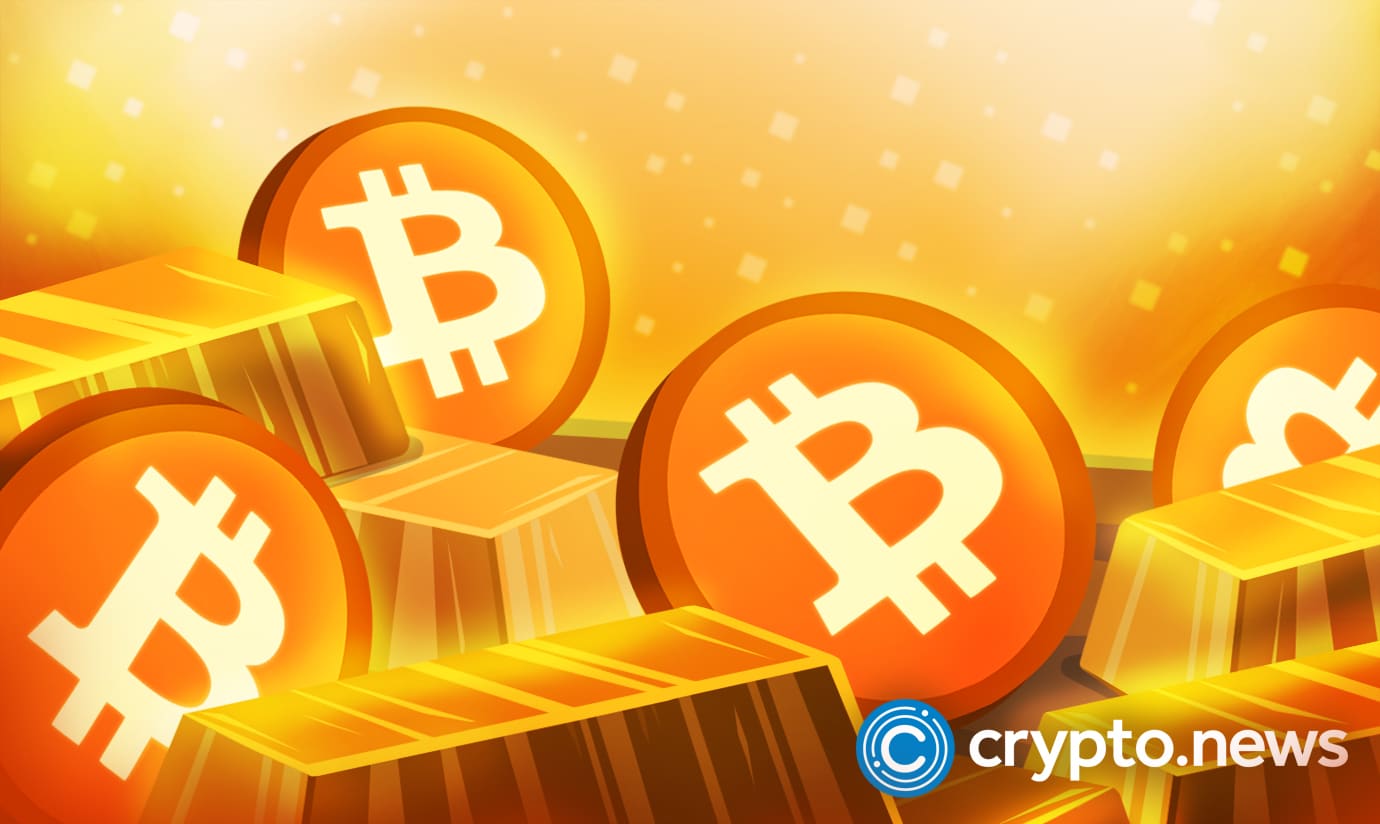According to the research presented by Matthew Ferrante, a professor of Economics at Harvard University, a few days ago, he stated that Apex banks should hold bitcoin (BTC) reserves in small amounts.
Reasons behind his position
Despite the face-ripping price of Bitcoin and other cryptocurrencies, the professor believes BTC could be a better sanctions hedge than Gold and an excellent diversified option for most countries with weak infrastructures.
He made this known via a paper titled “Hedging Sanctions Risk: Cryptocurrency in Central Bank Reserves.”
He further justifies his position by stating that buying Bitcoin is the best option now because the ‘safe-haven’ asset status of fiat reserve currencies has been losing credibility lately.
Especially with the increasing number of cases of sanctions in which fiat reserve currency issuers like the United States and their allies freeze transactions through sanctions, causing a de facto default on the underlying obligation of countries. He wrote in the paper that:
“The ability of fiat reserve issuers to freeze transactions, which constitutes a form of de facto default on the underlying obligations, calls into question fiat reserve currencies’ status as ‘safe-haven’ assets.”
The professor believes that if Apex banks of countries adopt Bitcoin, it will help these countries adequately hedge their sanctions risk because Bitcoin is less volatile than Gold.
“And if you can’t get enough Gold to hedge your sanctions risk adequately — think about a country that has very poor infrastructure, doesn’t have the capability to store large amounts of Gold, or countries whose reserves are so large that they simply cannot buy enough Gold. Places like Singapore and China. You can’t just turn around and buy $100 billion of Gold.” He said.
“It may take a long time to obtain Gold, which a country under threat of sanctions may not have, and physical possession of it may be impossible. This is where Bitcoin can come to the rescue.” He further added.
The research shows that from 2016 to 2021, countries with a higher possibility of facing U.S. sanctions saw an increase in their gold reserve, while countries with lower risks saw a decrease in their gold reserve.
Reactions to the professor’s presentation so far
The economics professor’s presentation has caused quite a stir, but the academic community and policymakers have yet to peer-review the report. However, the possibility of its acceptance is relatively high, considering professor Mathew’s academic pedigree.
Please remember that only Ferranti is an adviser to Kenneth Rogoff, the Harvard professor at a time who was once chief economist at the International Monetary Fund (IMF).
Meanwhile, most Apex banks still have their focus on CBDCs
Most Apex banks aren’t doing much with Bitcoin yet; instead, they’re focused on developing the central bank’s digital currencies (CBDCs). A recent CBDCs tracker report shows that over 100 Apex banks are currently at different stages of their CBDCs development.
El Salvador is currently the only country setting the pace in crypto adoption; it made crypto a legal tender last year and is now adding it to its Apex bank reserve.
Credit: Source link
































